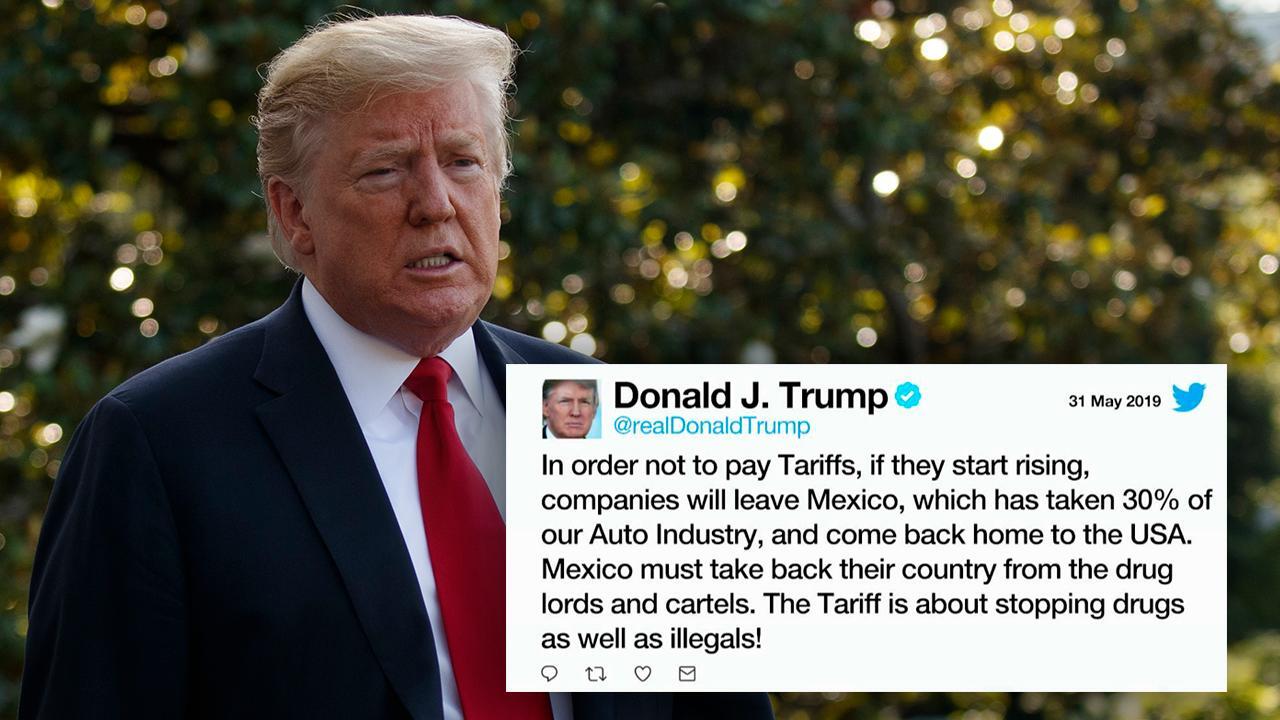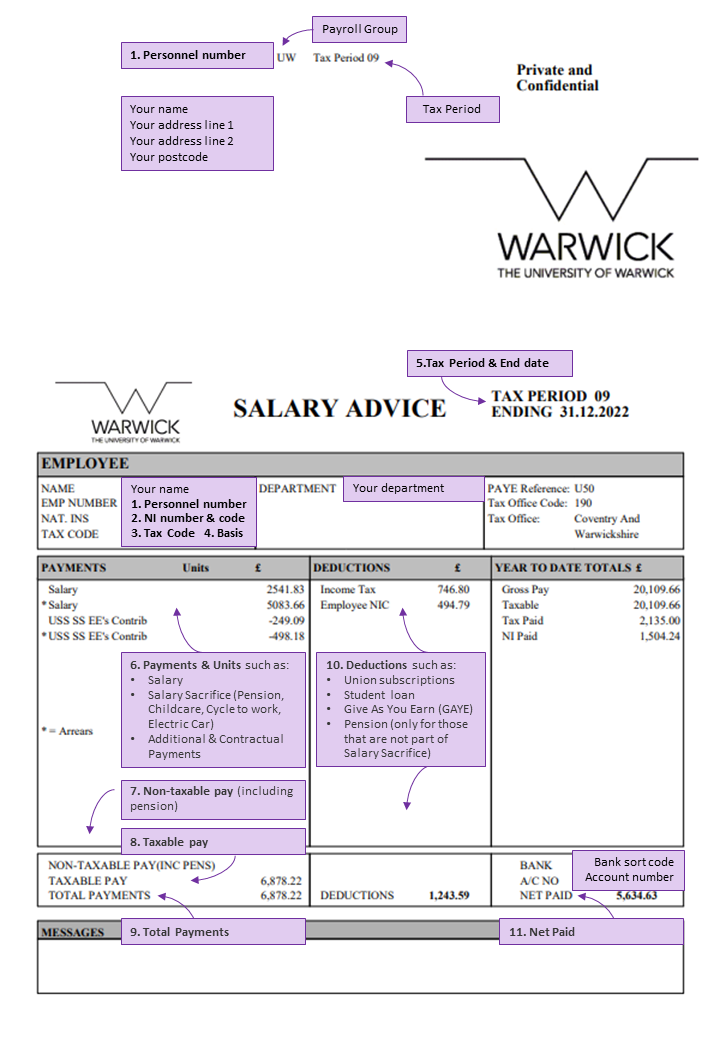UK Festival Under Fire: Environmental Concerns And Funding Drive

Table of Contents
The Environmental Impact of UK Festivals
UK festivals, while providing unforgettable experiences, generate substantial environmental consequences. The sheer scale of these events – thousands of attendees, extensive infrastructure, and vast quantities of supplies – inevitably leaves a significant carbon footprint and creates substantial waste. Key environmental concerns include:
- Massive waste generation: Single-use plastics from food packaging, drinks containers, and general festival litter represent a major environmental challenge. Mountains of waste are left behind after many festivals, impacting local ecosystems and requiring extensive clean-up operations.
- High carbon emissions: The carbon footprint of a UK festival is considerable, stemming from attendee travel (cars, trains, planes), energy consumption on-site (lighting, sound systems), and the transportation of equipment and supplies. Waste disposal also contributes significantly to emissions.
- Noise pollution: The loud music and general noise generated at festivals can negatively affect local wildlife and nearby communities, disrupting natural habitats and causing disturbances for residents.
- Water usage: Festivals consume considerable amounts of water for drinking, sanitation, and various other purposes, potentially placing a strain on local water resources, especially during periods of drought.
However, a growing number of festivals are proactively implementing eco-friendly initiatives. These include reusable cup schemes, comprehensive composting programs, and the use of renewable energy sources. Festivals like Glastonbury have made significant strides in waste reduction and sustainable practices, setting an example for others to follow. The increasing popularity of "eco-festivals" demonstrates a growing awareness and demand for more environmentally responsible events.
The Funding Crisis Facing UK Festivals
The financial sustainability of UK festivals is under serious threat. A confluence of factors is contributing to a funding crisis, threatening the viability of many beloved events. These challenges include:
- Declining ticket sales: The rising cost of living is impacting consumer spending, leading to a decrease in ticket sales for many festivals. This reduces overall revenue and makes it harder to cover operational costs.
- Increased competition for sponsorship: Larger corporations are increasingly competing for sponsorship deals, making it difficult for smaller festivals to secure the funding they need. This competition often pushes up the price for sponsorship, further straining budgets.
- Uncertainty surrounding government funding: Government arts funding and grants are often unpredictable and subject to cuts, creating significant uncertainty for festival organizers relying on this support.
- Staffing challenges: Attracting and retaining skilled staff, from event managers to technical crews, is becoming increasingly difficult due to low pay and unpredictable work.
The economic benefits of festivals to local areas, including increased tourism and revenue for local businesses, are often overlooked. Government support is crucial not just for the cultural value of festivals but also for their significant economic impact on local communities. Alternative funding models, such as crowdfunding platforms and community partnerships, are becoming increasingly important for festival survival. The impact of inflation and economic downturns further exacerbates the financial pressure on festival budgets, making diversification and financial planning crucial for long-term success.
Finding a Sustainable Future for UK Festivals
Addressing both environmental concerns and funding challenges is paramount for the future of UK festivals. A multifaceted approach, involving collaboration between organizers, attendees, sponsors, and government bodies, is necessary to ensure the long-term viability of these cultural events while minimizing their environmental impact. This includes:
- Stricter waste management strategies: Implementing deposit return schemes for drinks containers, improving recycling infrastructure, and promoting waste reduction through better planning and communication are crucial.
- Investing in renewable energy: Transitioning to renewable energy sources, such as solar and wind power, for on-site energy generation can significantly reduce a festival's carbon footprint.
- Encouraging sustainable transport: Promoting public transport, cycling, and carpooling to reduce carbon emissions from attendee travel is essential.
- Community engagement: Partnering with local communities and charities for environmental projects can foster positive relationships and contribute to local sustainability initiatives.
- Promoting responsible tourism: Encouraging attendees to adopt eco-friendly practices throughout their festival experience, from reducing waste to responsible consumption, is key.
Many successful UK festivals are already demonstrating the effectiveness of sustainable practices. Transparency in environmental reporting is crucial to build trust and encourage further progress. Carbon offsetting programs can also help mitigate unavoidable emissions, but shouldn't be seen as a replacement for proactive sustainability measures.
Conclusion
The future of UK festivals depends on a concerted effort to balance the vibrant atmosphere with responsible environmental practices and secure funding. This requires a collaborative approach from all stakeholders. Declining ticket sales and uncertain government funding pose significant threats, demanding innovative solutions and a focus on long-term sustainability.
Support the sustainability of UK festivals by attending events that prioritize eco-friendly initiatives, choosing sustainable transport options, and advocating for increased government funding and support for environmentally responsible practices within the UK festival scene. Let's work together to ensure that the UK's vibrant festival culture thrives for years to come – let's champion sustainable UK festivals!

Featured Posts
-
 I Ierosolymiaki Giorti Toy Eyaggelismoy Pneymatiki Kai Politistiki Klironomia
May 19, 2025
I Ierosolymiaki Giorti Toy Eyaggelismoy Pneymatiki Kai Politistiki Klironomia
May 19, 2025 -
 30 China Tariffs Analysts Forecast Extension Under Trumps Policy Until Late 2025
May 19, 2025
30 China Tariffs Analysts Forecast Extension Under Trumps Policy Until Late 2025
May 19, 2025 -
 Johnny Mathis Farewell Tour A Celebration Of A Musical Icon
May 19, 2025
Johnny Mathis Farewell Tour A Celebration Of A Musical Icon
May 19, 2025 -
 Breitbarts Definitive Guide Eurovision 2025 Winners And Losers
May 19, 2025
Breitbarts Definitive Guide Eurovision 2025 Winners And Losers
May 19, 2025 -
 Ny Mets May Games Three Tough Tests Ahead
May 19, 2025
Ny Mets May Games Three Tough Tests Ahead
May 19, 2025
Latest Posts
-
 Actualizacion Sobre La Salud De Michael Schumacher Una Noticia Que Emocono
May 20, 2025
Actualizacion Sobre La Salud De Michael Schumacher Una Noticia Que Emocono
May 20, 2025 -
 Did Red Bulls Advice Prevent Schumachers Successful Comeback
May 20, 2025
Did Red Bulls Advice Prevent Schumachers Successful Comeback
May 20, 2025 -
 Claim Your Hmrc Refund A Guide To Checking Your Payslip
May 20, 2025
Claim Your Hmrc Refund A Guide To Checking Your Payslip
May 20, 2025 -
 Un Nouveau Membre De La Famille Schumacher Une Petite Fille
May 20, 2025
Un Nouveau Membre De La Famille Schumacher Une Petite Fille
May 20, 2025 -
 Mikhael Shumakher Radost Dedushki
May 20, 2025
Mikhael Shumakher Radost Dedushki
May 20, 2025
